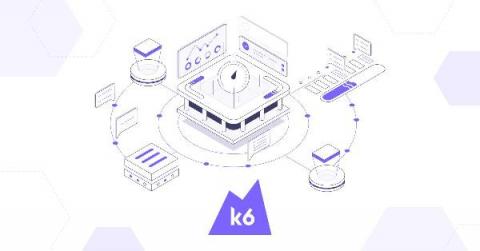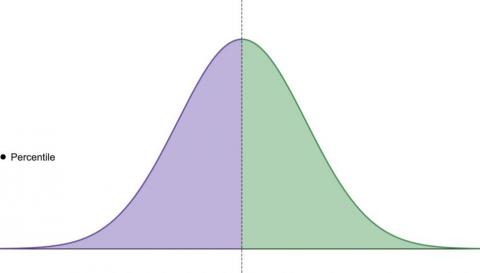Squid game: how we load-tested Ably's Control API
We recently announced Ably's Control API, a REST API that enables you to manage Ably's configuration programmatically. You can now use the Control API to configure anything previously only configurable via the Ably dashboard. The Ably platform is designed around four pillars of dependability: Performance, Integrity, Reliability, and Availability.











